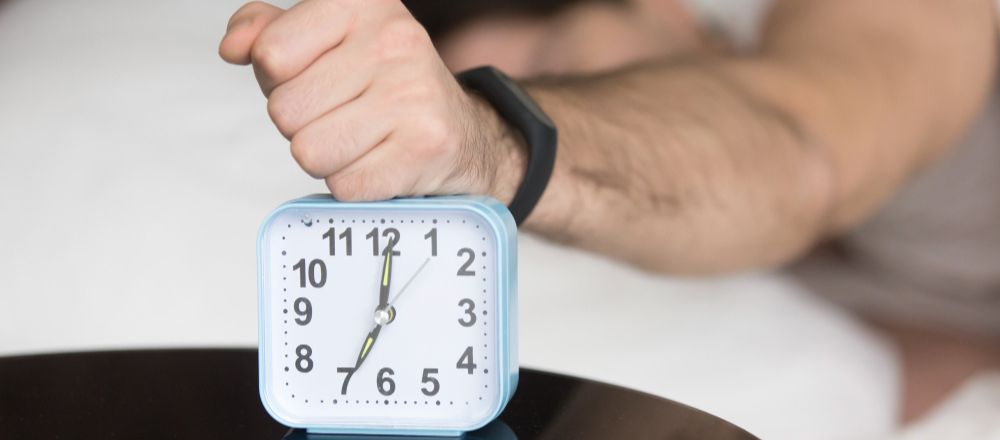Unlocking the Secrets to a Restful Night’s Sleep: Insomnia Treatment, Sleep Deprivation, Sleep Disorder, and Sleep Hygiene
- Posted On: September 23, 2023
- Posted By: admin

Getting a good night’s sleep might occasionally seem like a distant dream in a world where there is no such thing as sleep. This article explores the complex relationship between treating insomnia, sleep disorders, sleep deprivation, and the value of good sleep hygiene.
Insomnia Treatment:
Numerous people all around the world struggle with insomnia, a common sleep disease. The continuous inability to fall or stay asleep can result in a variety of health problems. An all-encompassing strategy is needed for effective treatment of insomnia.
A potential non-pharmacological treatment for insomnia is cognitive behavioral therapy (CBT-I). Modifying cognitive patterns and behavior that interfere with sleep deals with the underlying causes of insomnia.
A medical expert can also prescribe medication, but because of the risk of reliance, this is typically only a temporary fix. Insomnia can be greatly reduced by mixing these therapies with lifestyle modifications including reducing stress and implementing sleep hygiene practices.
Sleep Deprivation:
Lack of sleep has far-reaching effects and is a problem that affects many people. It doesn’t simply make you sleepy in the morning. Chronic sleep deprivation can cause cognitive decline, emotional issues, immune system deterioration, and even chronic illnesses like diabetes and heart disease.
It is essential to recognize the importance of sleep and to give it priority in our hectic lives. The negative consequences of sleep deprivation can be lessened by providing a pleasant sleeping environment, sticking to a regular sleep schedule, and avoiding stimulants just before bed.
Exploring Sleep Disorders:
There are several different ailments that fall under the category of sleep disorders, including parasomnia, narcolepsy, restless legs syndrome, and sleep apnea. Each of these conditions interferes with the regular sleep cycle, causing a variety of symptoms and issues.
Sleep problem diagnosis and treatment are essential for enhancing general health and well-being. Treatment options for sleep apnea, for instance, include positional treatment and weight loss in addition to medical equipment like continuous positive airway pressure (CPAP) machines.
Finding a successful therapy begins with identifying the sort of sleep issue you have. Consulting a sleep expert can offer insightful advice and specialized treatment options for your sleep condition.
The ABCs of Sleep Hygiene:
A collection of behaviors and practices known as “sleep hygiene” supports restful sleep. By practicing proper sleep hygiene, you may greatly improve the quality of your sleep while lowering your chance of developing sleep disorders and sleep deprivation. Key components of good sleep hygiene include:
- Consistent Sleep Schedule: Your body’s internal clock is easier to control when you go to bed and wake up at the same times every day.
- Comfortable Sleep Environment: Make a relaxing sleeping environment that is dark, quiet, and cool.
- Limit Screen Time: Avoid using screens before bed since the blue light from them might interfere with your sleep.
- Regular Exercise: Exercise can help you sleep better but try to avoid doing it just before bed.
- Healthy Diet: Avoid consuming coffee, alcohol, and large meals just before night.
Conclusion:
Understanding insomnia therapy, sleep deprivation, sleep disorders, and the significance of good sleep hygiene is crucial for achieving high-quality sleep. We may open the door to restorative sleep and reap the many advantages of a well-rested body and mind by treating the underlying causes of sleep problems and practicing healthy behaviors.
Put your sleep first, and you’ll see how your life changes one tranquil night at a time.